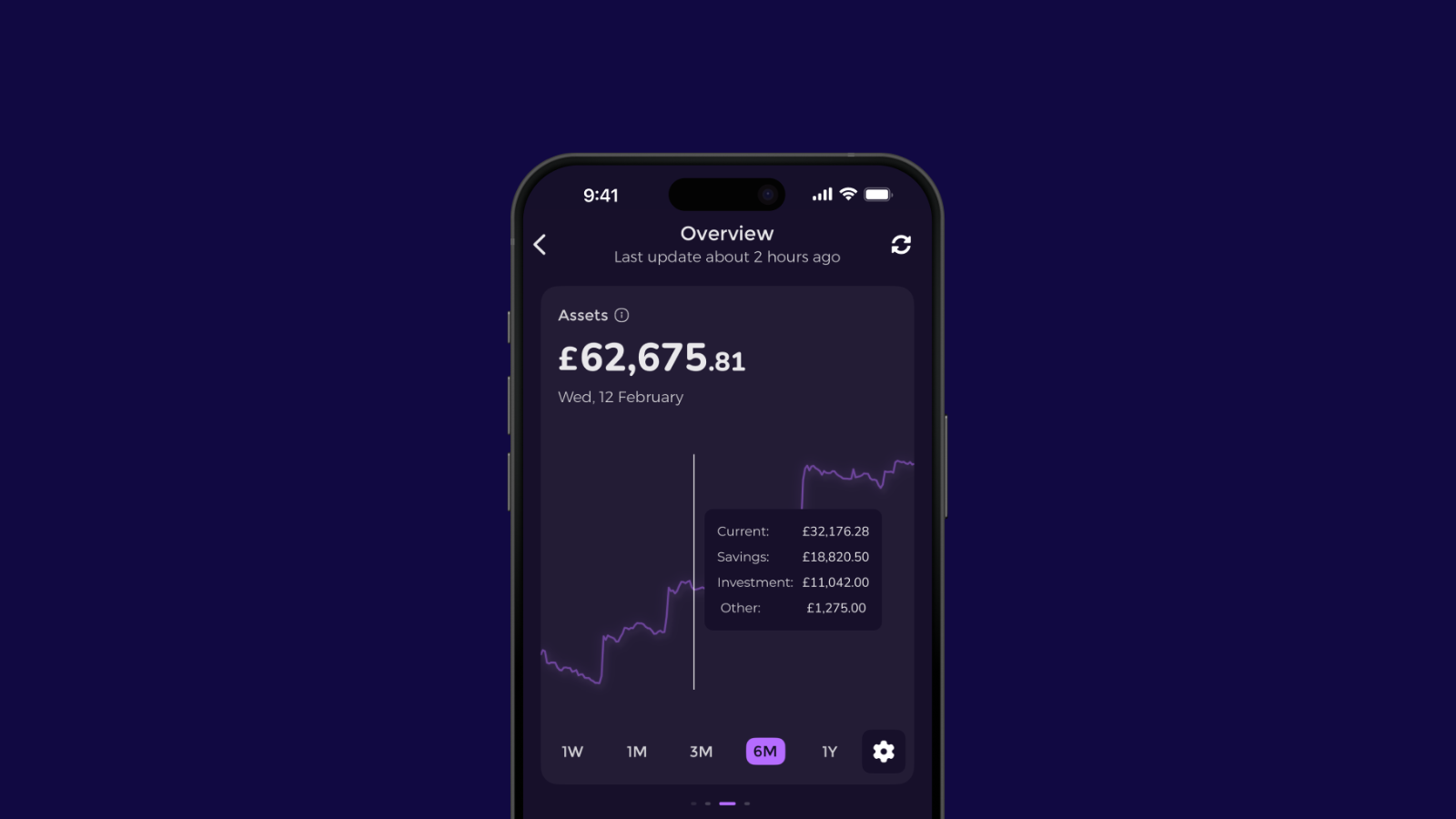FEATURED ARTICLE
Young and freelance: five financial tips I’ve learnt on my journey

Edoardo Moreni
June 21, 2019 •4 min read
Hey Emma community, I’m Josh, a multifaceted creative. What does that mean? Good question – I work in marketing and advertising across agencies and companies in London, primarily in a freelance capacity. I’m also studying Spanish and Management at King’s College London. Despite all of this, I’m here to talk about a rather scary subject for many young people – money.
As a 21-year-old student freelancer living in London, the topic of money is an all too familiar one. Between extortionate rent prices, fast-food options on every street corner, and that pesky student overdraft making ends meet is best described as a sticky one.
However, I’d like to share five financial life lessons I’ve learned whilst freelancing and studying for the past few years. Full disclaimer: I’m not a financial advisor so I cannot give terribly specific advice, and I’m still learning on this journey too.
You won’t know it all right away.
It’s difficult enough being a young person in 2019. We have a lot of pressure placed upon us to be as financially secure as our parents were, without any of the tools they had to do so. What’s more, a lot of us simply don’t have readily available financial literacy education in schools from aged 4-18. I say all of that to say, simply just living independently as a young person for the first time will incur a learning curve – especially if you’re freelance. Accepting this and making a conscious effort to learn is the way forward.
Know your worth.
Whether you’re finding a job, pitching for a project, or selling your services to clients, knowing your worth is crucial in gaining success in any industry. You have a unique value that will take some time to fully comprehend, but until then, try and make sure you don’t undersell your skills. Be sure to ask your friends, contacts, old employees, even LinkedIn connections in your industry about what they would charge, and don’t be afraid to say no if a company refuses to pay you what you know you can charge. For context, I’ve taken unpaid internships thinking they were doing me a favour, despite the lack of value exchange. Knowing your worth does not automatically guarantee a high-paying salary or fee, however, it does mean you will always gain value from any scenario in which you give your value.
Keep on top of your income.
Although flexibility and freedom are some of the joys of freelance living, a fixed income is certainly not. Ensuring you know exactly what money is coming in, from where it’s coming and when it will arrive in your account, is paramount. Be sure to send out invoices on time, ensure your clients pay within a certain time frame, for example within 14 days, or 10 working days, and don’t be afraid to chase people for what is rightfully yours. It is your right to be paid for your work on time, and it is also your right to charge a late fee if this does not happen. Check out Late Payment Laws for more information.
Budget based on worst-case scenarios.
The uncertainty of income whilst working freelance, working a zero-hours contract, or even a part-time job with flexible hours, does mean some months may have you financially ‘better off’ than other months. The worst thing that can happen is planning for a particular job, project, or extra hours, and then finding out it has fallen through, leaving you without that extra pay. Be sure to not get ahead of yourself – only include signed-off jobs due to land in your account that particular month in your budget for that month. This means that if you do gain some extra unplanned income, you can have that increased buffer zone. Whether you save the extra cash or treat yourself, budgeting this way saves the heartbreak of a potential financial shortfall.
Don’t forget tax.
Taxation. This very topic grinds my gears, drives me up and around the wall, leaves me on edge. As a freelancer, you are responsible for paying and reporting your own tax. Whether it’s just a side hustle or a fully-fledged career, you will have to fill out a self-assessment yearly before the 31st January, and you will have to save up to pay your taxes by that date. After filing a self-assessment, HMRC will tell you how much tax you have to pay, so make sure you have a rough estimate of how much you expect to make that year (using your monthly budgets) in order to calculate how much you’re expected to owe. The government have information and resources online to make it easier. All I can say is, don’t be like me and file your first one late.
Whether you’re a student looking for extra cash, a young creative trying to get your foot in the door, or beginning your freelance career journey, I hope these tips will help you on your journeys. Always remember – you’ve still got so much more to do and you’ll, therefore, have so much more to learn about your finances and what works for you; I know I do!
I have so many more money-management tips to learn on my freelance, student and wider career journey, but I hope these five help you on yours. If you need any more advice, why not check out this thread with freelancers sharing their financial tips.
Chat with other Emma users, give product feedback and get updates on new features! 🐻
You may also like
Check out these related blog posts for more tips
© 2025 Emma Technologies Ltd. All Rights Reserved.
Emma is registered and incorporated in England and Wales.
Emma Technologies Ltd is an appointed representative of RiskSave Technologies Ltd, which is authorised and regulated by the Financial Conduct Authority (FRN 775330).
Payment services (Non MIFID or Deposit related products) for Emma Technologies Ltd are provided by The Currency Cloud Limited. Registered in England No. 06323311. Registered Office: Stewardship Building 1st Floor, 12 Steward Street London E1 6FQ. The Currency Cloud Limited is authorised by the Financial Conduct Authority under the Electronic Money Regulations 2011 for the issuing of electronic money (FRN: 900199). For more detail on how your money is protected please see here. You can also find Currency Cloud's Terms of Use here.
Emma Technologies is an Introducer Appointed Representative of Quint Group Limited and not a lender. Quint Group Limited is authorised and regulated by the Financial Conduct Authority (Firm Reference Number 669450). Monevo Limited is an Appointed Representative of TransUnion International UK Limited. TransUnion is authorised and regulated by the Financial Conduct Authority (Firm Reference Number 737740). Emma Technologies introduces customers first to Quint Group Limited, as a licensed credit broker, who then refers on to Monevo Limited.
Emma is registered with the Financial Conduct Authority under the Payment Services Regulations 2017 for the provision of payment services.
Financial Conduct Authority Reg Nr: 794952.
Company Registration Number: 10578464.
Data Protection Registration Number: ZA241546.
All testimonials, reviews, opinions or case studies presented on our website may not be indicative of all customers. Results may vary and customers agree to proceed at their own risk.
Resources: Cancel subscriptions, Cashback offers, Who charged me, Rent Reporting, Budgeting, Investment universe, Emma vs Moneyhub.
Featured cashback offers: Samsung, SimplyCook, NordVPN, Audible, M&S Homeware.









